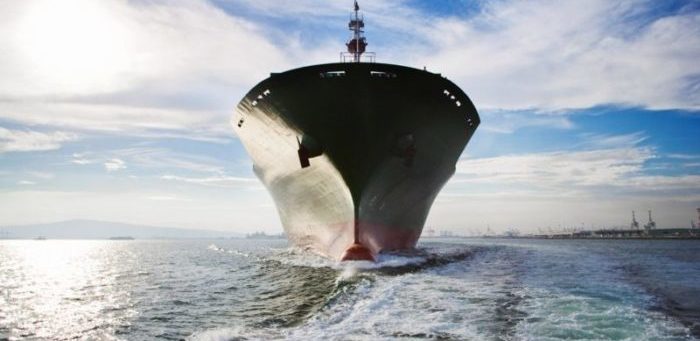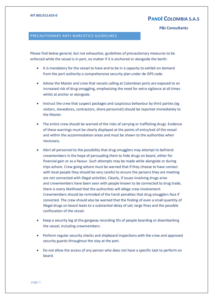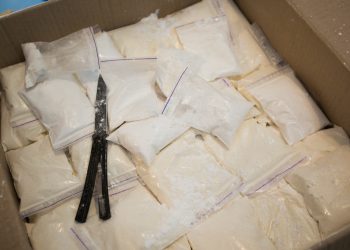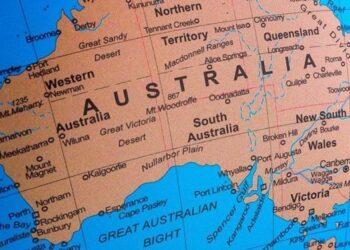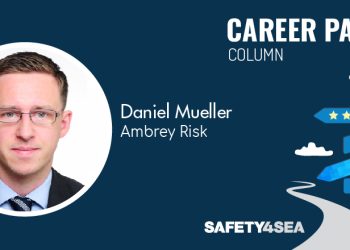Colombian authorities are very alert to drug related issues and frequently search vessels both onboard and underwater in response to intelligence reports. As such, the local P&I Consultants Pandi Colombia have provided some precautionary anti-narcotics guidelines for operators who trade in Colombia.
At some ports and terminals an underwater inspection of the hull is mandatory, particularly at facilities specialising in oil or coal.
The following list cites the ports on the Caribbean Coast where an UWI is mandatory before departure:
- Puerto Drummond in Santa Marta
- Puerto Nuevo in Santa Marta
- Puerto Bolivar in La Guajira
- Puerto Brisa near Riohacha
- All Ecopetrol terminals (including Cartagena’s and Santa Marta’s)
Strategies used by narcogroups include the following:
- Attaching “torpedoes” to the ship’s hull filled with illegal substances.
- Opening the sea chests and inserting bags within filled with illegal substances.
- Collaboration of local stevedores or crew members.
- In case of container vessels, placing illegal substances in a sealed container before loading is a common strategy.
Recommendations
- It is mandatory for the vessel to have and to be in a capacity to exhibit on demand from the port authority a comprehensive security plan under the ISPS code.
- Advise the Master and crew that vessels calling at Colombian ports are exposed to an increased risk of drug smuggling.
- The entire crew should be warned of the risks of carrying or trafficking drugs.
- Alert all personnel to the possibility that drug smugglers may attempt to befriend crew members in the hope of persuading them to hide drugs on board, either for financial gain or as a favour. Such attempts may be made while alongside or during trips ashore. Crew members should be reminded of the harsh penalties that drug smugglers face if convicted.
- Keep a security log at the gangway recording IDs of people boarding or disembarking the vessel, including crew members.
- Perform regular security checks and shipboard inspections with the crew and approved security guards throughout the stay at the port.
- Do not allow the access of any person who does not have a specific task to perform onboard.
- Lock access to places where no work is to be carried out while at port, such as storerooms, cabins and internal access.
- Permanent monitoring of places where people (stevedores) are labouring.
- Keep permanent watch over the main deck and boat decks. Areas such as the forecastle, poop deck, main decks, boat decks, etc. should be well lit at night.
- Watch for the approach of small boats or the presence of unauthorized divers or other attempts by unauthorized persons to board the vessel.
- At some ports and terminals, an underwater inspection of the hull is mandatory, particularly at facilities specialising in oil or coal. Vessels calling at other terminals may request such a search. We strongly recommend requesting an anti-narcotics underwater inspection before departure even if it is not mandatory. Providing the vessel has not sailed after one (1) hour of the UWI, it is recommended to conduct a new one to avoid any smuggling of narcotics after the inspection. In some part of Colombia (eg in Buenaventura), divers should be instructed to request access and pay particular attention to the bilge keels, sea chests, tunnel thruster gratings, sacrificial anodes and the inside of the rudder compartment.
- Search the vessel thoroughly before sailing in accordance with the Ship Security Plan.
- Maintain written evidence of all the above.
- If you suspect that illegal substances may be hidden on board or if a search reveals the presence of drugs, the local authorities, owners/managers, port agents and the local P&I correspondent should be contacted immediately.
- In the event of drugs being found on board a vessel in a Colombian port, the local prosecutor’s office will almost certainly start a criminal investigation. The vessel may not be permitted to sail until the investigation has been completed, which may take several days. It is recommended to always fully cooperate with the authorities for the conduction of the investigation.
Explore more herebelow:



































